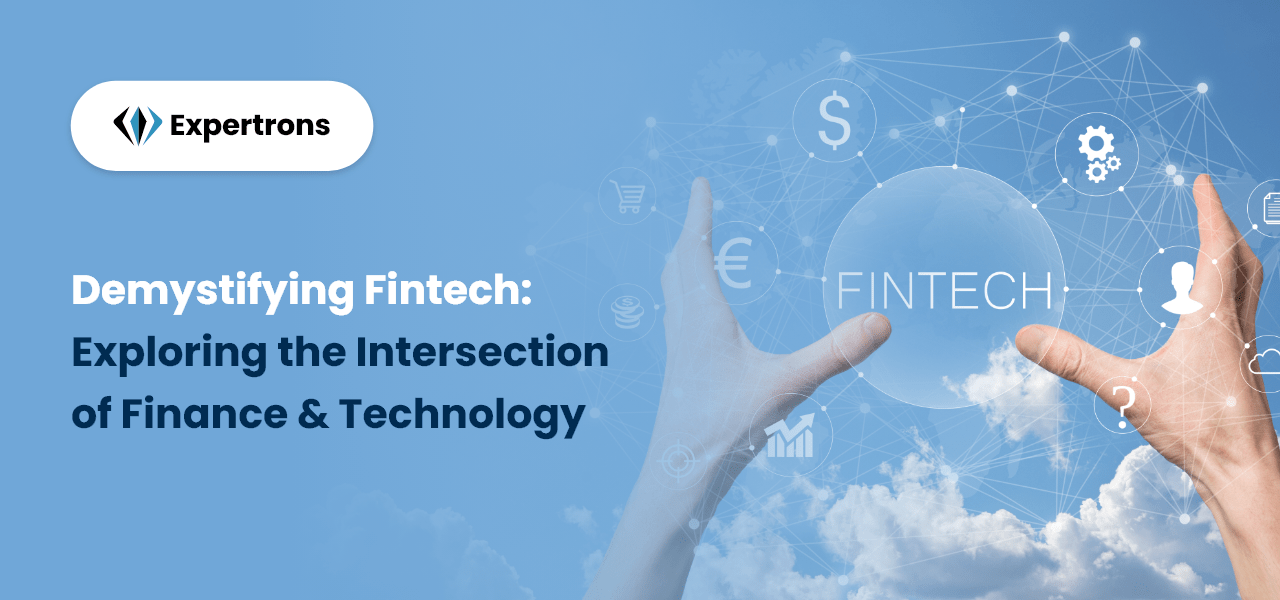Introduction
Fintech, short for financial technology has emerged as a disruptive force reshaping the way we think about money. In this blog, we’ll embark on a journey to demystify fintech, exploring its origins, evolution, and transformative impact on finance and technology.
Understanding Fintech
At its core, fintech refers to the innovative use of technology to deliver financial services more efficiently, affordably, and conveniently.
It encompasses a wide range of applications, including mobile payments, peer-to-peer lending, robo-advisors, blockchain, and cryptocurrencies, among others.
The Evolution of Fintech
Fintech is not a new phenomenon but rather a continuum of technological advancements that have revolutionized the financial industry over the years.
From the advent of ATMs and online banking to the rise of digital wallets and artificial intelligence, fintech has continuously pushed the boundaries of what’s possible in finance.
Impact of Fintech
1. Financial Inclusion: Fintech has the potential to democratize access to financial services, particularly in underserved and unbanked populations, by leveraging mobile technology and digital platforms.
2. Enhanced Customer Experience: Fintech companies prioritize user experience, offering seamless, personalized, and intuitive financial solutions that meet the evolving needs and preferences of consumers.
3. Disintermediation: Fintech disrupts traditional banking models by bypassing intermediaries and directly connecting borrowers with lenders, investors with opportunities, and consumers with financial products and services.
4. Innovation and Competition: Fintech fosters innovation and competition in the financial industry, spurring incumbents to adapt and innovate or risk becoming obsolete in the face of technological disruption.
5. Regulatory Challenges: Fintech innovation surpasses regulatory frameworks, challenging policymakers to balance innovation with consumer protection, financial stability, and regulatory compliance.

Use Cases of Fintech
1. Digital Payments: Mobile payment apps, contactless payments, and digital wallets revolutionize the way we transact, offering convenience, security, and speed.
2. Lending Platforms: P2P lending platforms and alternative credit scoring models offer capital access to underserved individuals and businesses bypassed by traditional banks.
3. Robo-Advisors: Algorithmic investment platforms and robo-advisors offer automated, low-cost investment management services, making wealth management more accessible and affordable.
4. Blockchain and Cryptocurrencies: Blockchain and cryptocurrencies create decentralized, secure, and transparent systems for peer-to-peer transactions, asset tokenization, and smart contracts.
5. Insurtech: Insurtech startups use data analytics, AI, and IoT devices to enhance risk assessment, underwriting, claims processing, and customer engagement in insurance.
Challenges and Opportunities
Finance and Technology (Fintech) offers great promise for innovation and financial inclusion, but it also poses challenges like data privacy, cybersecurity, regulatory compliance, and ethical concerns.
By tackling challenges and embracing fintech opportunities, stakeholders can unleash their potential for positive global change, empowering individuals and businesses.
Also read, Unlocking the Potential of Blockchain in Banking and Finance
Conclusion
In conclusion, fintech represents a paradigm shift in the way we think about and engage with financial services. The future of finance will be shaped by evolving technology, innovation, collaboration, and adaptability. Embracing fintech’s transformative potential can forge a more inclusive, efficient, and resilient finance and technology for future generations.
Frequently Asked Questions
Fintech refers to the innovative use of technology to deliver financial services more efficiently, affordably, and conveniently.
Fintech is revolutionizing finance by democratizing access to financial services, enhancing customer experience, fostering innovation and competition, and challenging traditional banking models.
Examples include digital payments, peer-to-peer lending, robo-advisors, blockchain, cryptocurrencies, insurtech, and regtech.
Challenges include data privacy, cybersecurity, regulatory compliance, and ethical considerations.
Opportunities include financial inclusion, enhanced customer experience, innovation and competition, and economic growth and development.










